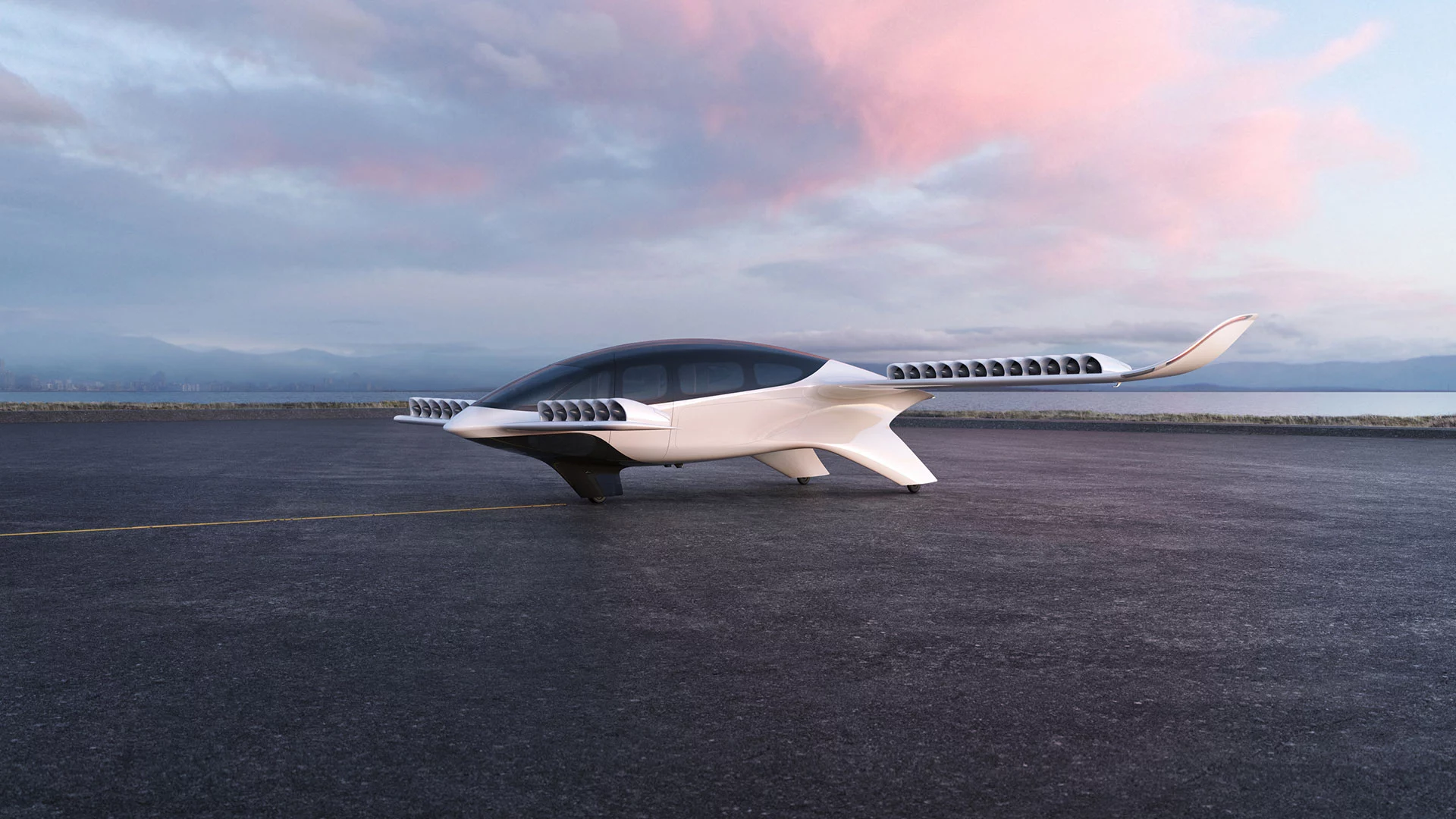Following the reveal of its impressive 7-seat eVTOL jet back in March, Lilium has announced that the flight control systems and avionics for its futuristic air taxi will be provided by aerospace firm Honeywell. These systems will be tailored specifically for the design of Lilium's unique aircraft with its high number of small ducted fans, which is slated for launch in 2024.
As a long-time maker of flight control systems for traditional aircraft, Honeywell has begun to make some moves in the eVTOL world. It has setup a dedicated Urban Air Mobility unit and is collaborating with startup Vertical Aerospace on the flight control system for its VA-1X air taxi.
But with 36 control surfaces embedded with tiny ducted fans, compared to the six or eight larger ones used by many competitors, the Lilium jet presents a unique challenge for Honeywell. The two companies have been collaborating on the technical requirements for the aircraft, and have developed tailored avionics and a compact fly-by-wire system that will control the Lilium Jet's many moving parts.
“The avionics and flight control computers from Honeywell will be a key element for the Lilium Jet's electronic architecture,” said Yves Yemsi, Lilium's Chief Program Officer. “Honeywell will integrate an advanced flight deck tailored for the Lilium Jet as the central interface to the pilot with a vehicle management computer and a high integrity flight controls computing platform to provide a state-of-the-art Fly-By-Wire solution for the Lilium Jet.”
The agreement is also an interesting one in the sense that it should see Lilium's path to certification become easier and cheaper. Certifying a new airframe is going to involve incredibly high costs for these companies, particularly those producing everything in house, with the many components needing to conform to evolving rules and be certified on an individual basis. Traditionally, aerospace companies have risk-sharing partners that take on some of the burden, diluting the risk and spreading the expense, as appears to be the case here.
“Honeywell has a decades-long track record of developing and certifying avionics and safety systems for leading aerospace companies and has worked alongside Lilium to develop a bespoke solution for our aircraft,” said Yemsi. “We are proud that Honeywell is joining our roster of world-class aviation partners and also as one of our investors as we prepare to launch commercial operations in 2024.”
Source: Lilium




